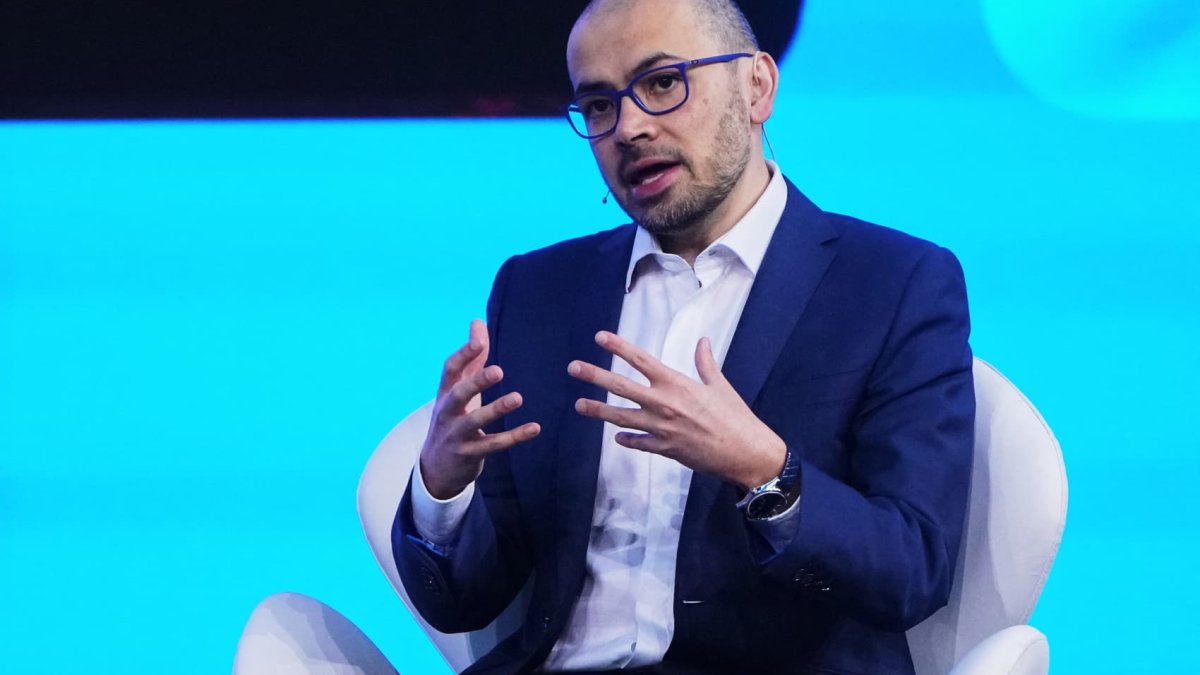Google DeepMind CEO Describes DeepSeek’s AI Model as China’s Top Work, Yet Claims the Hype is Overstated

Demis Hassabis Weighs In on China’s DeepSeek AI Model
Overview of DeepSeek’s AI Model
At a recent event in Paris, Demis Hassabis, the CEO of Google DeepMind, remarked on the AI model developed by China’s DeepSeek. He acknowledged it as "probably the best work" to come out of the country but cautioned that it does not represent a significant scientific advancement. Hassabis’s assessment follows the release of DeepSeek’s research paper, which has generated significant attention in the global technology sector.
Cost Efficiency and Technology Claims
DeepSeek claims that its AI model was developed at a fraction of the cost compared to other leading AI companies and utilized less advanced Nvidia chips. This assertion sparked a major response in financial markets, leading to a notable stock sell-off among major tech firms. Additionally, it raised questions regarding whether these companies are overspending on their AI infrastructure.
Hassabis praised DeepSeek’s engineering capabilities, highlighting that the model is impressive. He stated, "It shows that DeepSeek can do extremely good engineering," and acknowledged that it could have geopolitical implications. However, he emphasized that the technology does not mark a breakthrough in AI methodology. "Despite the hype, there’s no actual new scientific advance; it’s using known techniques," he remarked, insinuating that the excitement surrounding DeepSeek may be somewhat overstated.
Comparison Between DeepSeek and Google’s Gemini 2.0
At the same event, Hassabis revealed that Google’s own Gemini 2.0 Flash models, recently made available to the public, are more efficient than the DeepSeek model. This claim raises questions about the actual performance and capabilities of DeepSeek’s products in comparison to established leaders in the AI field.
Experts in the AI domain have raised skepticism regarding DeepSeek’s claims about its low costs and the chips employed in its development. Some believe that the operational expenses associated with creating these models may be higher than what DeepSeek suggests.
The Quest for Artificial General Intelligence
The conversation also extended to the ongoing pursuit of Artificial General Intelligence (AGI), which refers to AI systems that possess human-like cognitive abilities. Hassabis believes that the AI sector is making strides towards this goal. He stated that we might be just a few years away from achieving a system that embodies all human cognitive capacities. "I think we’re close now, perhaps five years or something away from a system like that," he noted.
Hassabis cautioned that society needs to prepare for the advent of AGI. He emphasized the importance of ensuring that the benefits of such technology are widely distributed while also addressing potential risks associated with its development.
Industry Perspectives on AGI
The discussion around AGI has been a hot topic in the AI community. Other leaders in AI, such as Sam Altman from OpenAI, have expressed confidence in their ability to create AGI as historically defined. However, this optimism comes with warnings regarding the potential dangers that AGI could pose, including the concept of humans losing control over AI systems.
Prominent scientists like Max Tegmark and Yoshua Bengio have echoed concerns regarding the unchecked development of AGI, highlighting the need for caution as this technology evolves. The notion of creating AI systems that surpass human intelligence raises ethical questions and necessitates careful deliberation about their integration into society.
In summary, while DeepSeek’s technological achievements have garnered praise, the overall implications for the AI industry and the journey towards AGI remain subjects of considerable debate and scrutiny.






